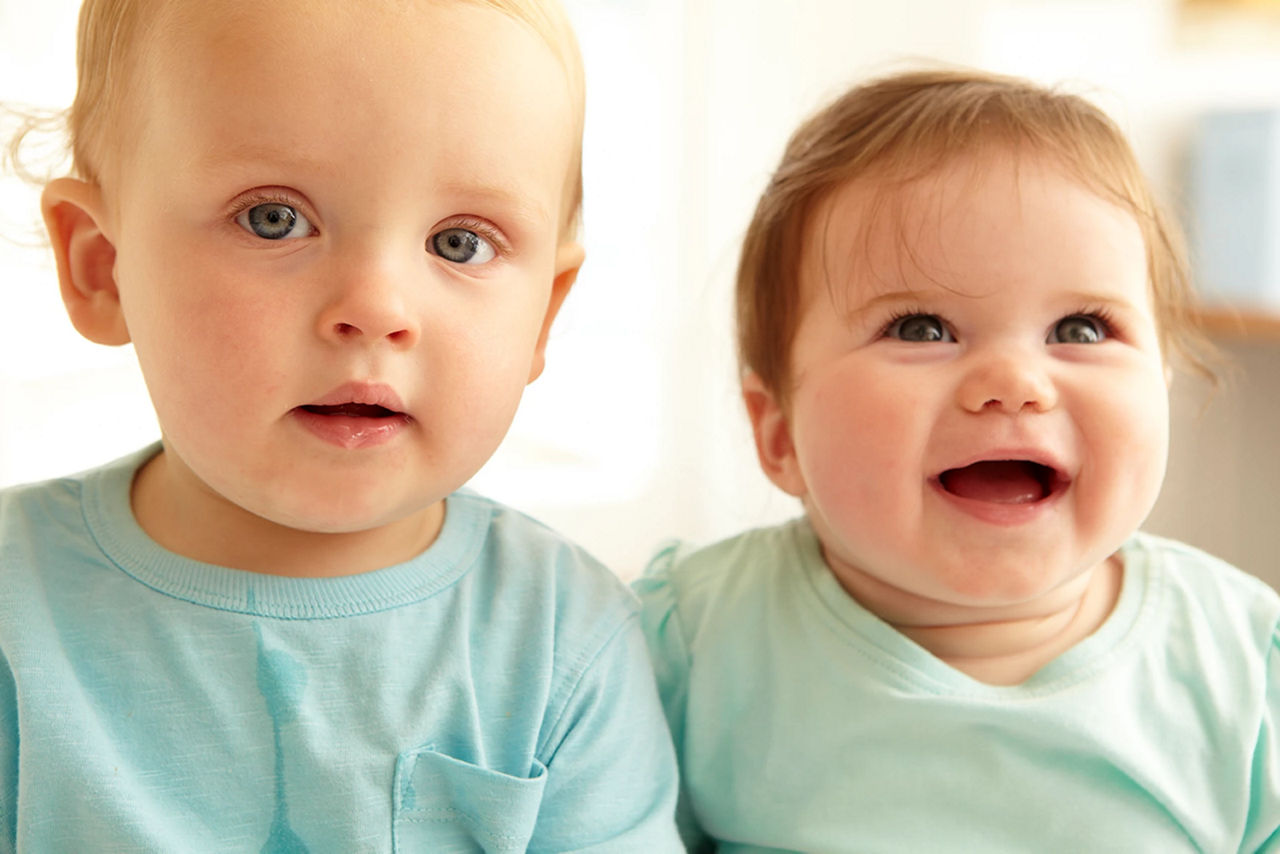Holidays can also present a bit of a problem for parents of children with food allergies, but again these can be overcome with some planning ahead. Whether you’re travelling abroad or staying in this country, there are some basics to take into consideration, like where you’ll stay, how you’ll get there and what you’ll eat.
Wherever you go, it’s a good idea to know where the nearest hospital is, in the unlikely event of an emergency. Self-catering accommodation may be the simplest option if your baby has a severe food allergy. And if you decide to go abroad, you may need to take some translation cards or learn a few phrases if you don’t already speak the language, just in case you need some medical or dietary help.
While living with a baby diagnosed with food allergies can make for a less-than-ordinary daily routine, successful diagnosis is part of the battle won. When you know what the problem is, you can concentrate on managing what your baby eats and avoiding aggravation of their allergy symptoms.
?ts=1701285595274&dpr=off)


